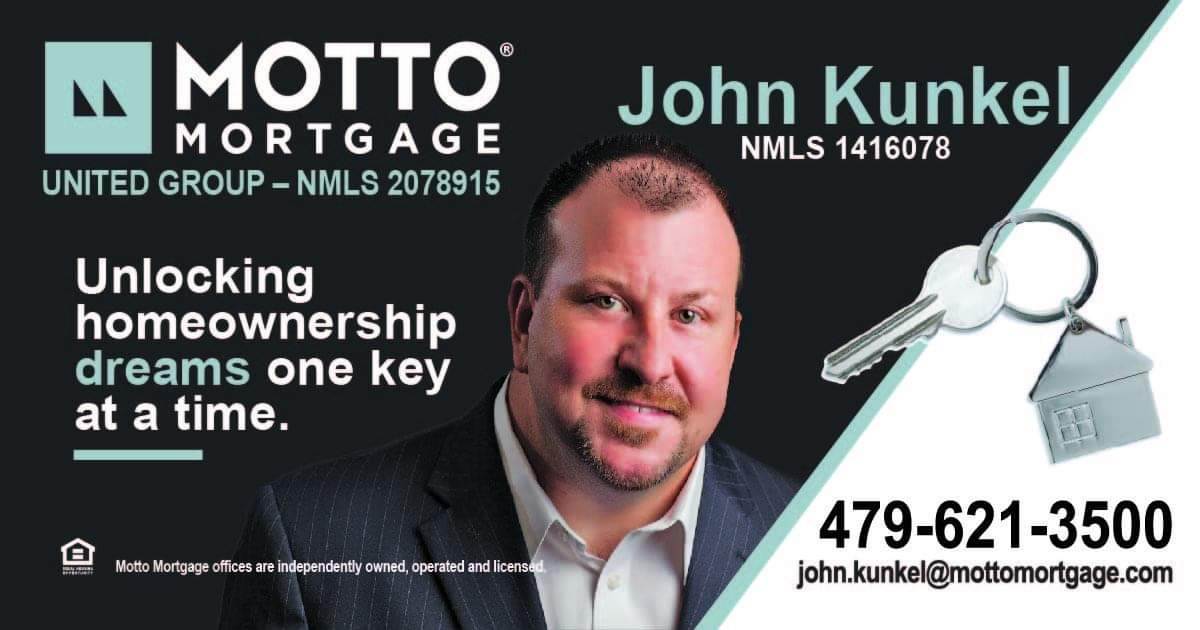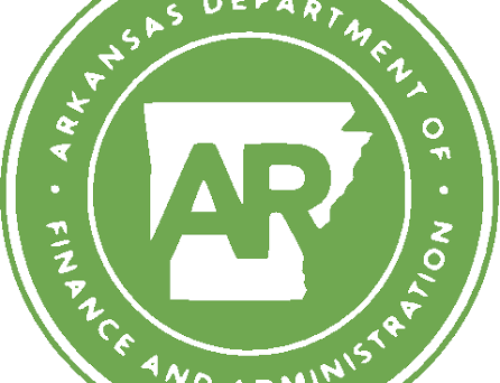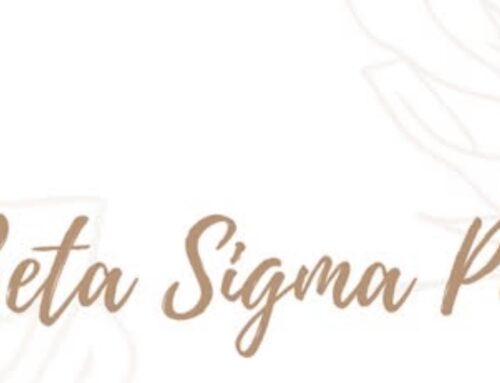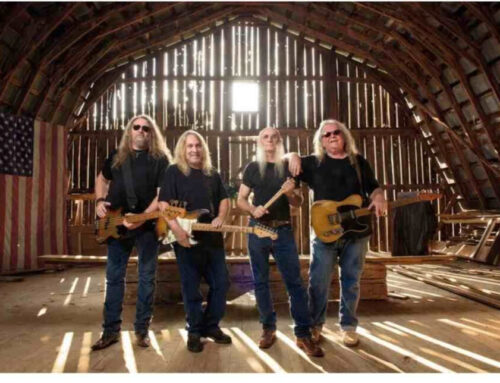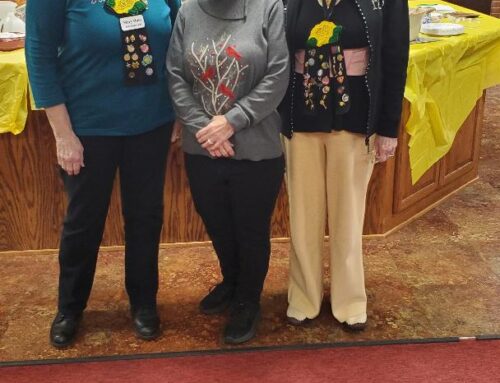Purchasing a home is a significant financial commitment that often requires a home mortgage to make it feasible. While many aspects of the mortgage process are well-known, one element that can sometimes catch homebuyers off guard is the concept of reserves. Welcome to your Motto Moment with John, John Kunkel with Motto Mortgage is here with us this morning to break it down for us.
Q: Often buying a home isn’t as easy as filling out an application and going straight to closing, is it?
A: Buying a home can often be complex and more times than not, no transactions are the same. Reserves play a vital role in the mortgage process, offering financial stability and peace of mind for both the lender and the borrower.
Reserves are not funds paid at closing. These funds are placed aside by borrowers for future mortgage payments, real estate taxes, homeowner’s insurance, and other associated expenses in the context of home mortgages. Think of them as being funds in one’s savings account that will be used to pay their mortgage in the event their normal pay for the month isn’t enough to cover their payment. The number of months’ worth of mortgage payments that a borrower must have on hand in their bank accounts following the closure of the mortgage is known as the reserve requirement.
Reserves are needed by lenders to mitigate risk. The need to make sure that borrowers have a financial cushion to withstand unanticipated downturns in the economy was underlined by the mortgage crisis of 2008. Reserves give lenders an extra degree of security since borrowers who have enough reserves are more likely to keep up with their mortgage payments even when things are tough. This benefits both parties by lowering the likelihood of default and foreclosure.
Q: How many reserves are typically required?
A: Depending on the type of mortgage, the borrower’s creditworthiness, and the lender’s regulations, different amounts of reserves may be needed. The typical reserve requirement for conventional mortgages is two to six months’ worth of mortgage payments. Different reserve requirements could apply to loans backed by the government, such as FHA, USDA, or VA loans. Furthermore, borrowers with better credit histories might be given additional latitude regarding the reserve amount.
Q: What are some tips that borrowers can take to build and manage reserves?
A: My best advice is to start early. Prior to submitting a mortgage application, start saving for reserves. One might consider opening a second savings account that is only used for your reserves. This can assist you in avoiding the desire to use those dollars for other things. Also, make regular deposits into your reserves account. Over time, even modest monthly contributions will add up.
Keep in mind, not all loans require reserves. When they do, borrowers are often not prepared or don’t expect them to be required. During the preapproval process we can discuss the potential for the need for reserves. It is better to plan than be surprised after an offer is made and one is under contract to purchase their home.
Q: Will there be another opportunity to speak with you and others about home buying in person?
A: Yes, Tuesday evening, September 12, from 5:00 – 7:00 pm, I will host a homebuyer meet and greet at the Spring River HUB just a couple doors down from City Hall in Cherokee Village. Realtors, appraisers, title companies, insurance brokers, home inspectors, and I will be on hand to answer all real estate-related questions. Borrowers are invited to stop by during this time and ask questions, as well as get preapproved. Again, that is Tuesday evening, September 12, from 5 p.m to 7 p.m. at the HUB in Cherokee Village. For any questions, please reach out to me.
This has been your weekly Motto Moment with John. If you have questions or if I can help unlock the home of your dreams, give me a call at 479-621-3500. Let me preapprove you for your first home, dream home, investment property, or farm. A pre-approval letter makes one much more likely to accept your offer in this hot real estate market. I’m John Kunkel, your Motto Mortgage Loan Officer. Unlocking homeownership dreams one key at a time.
Lauren – Motto Mortgage offices are independently owned, operated, and licensed. An equal housing opportunity. John Kunkel NMLS 1-4-1-6-0-7-8, Motto Mortgage United Group 2-0-7-8-9-1-5, Motto Mortgage Velocity 2-2-8-8-2-5-6, and Motto Mortgage Heritage 1-7-2-0-4-3-8.

